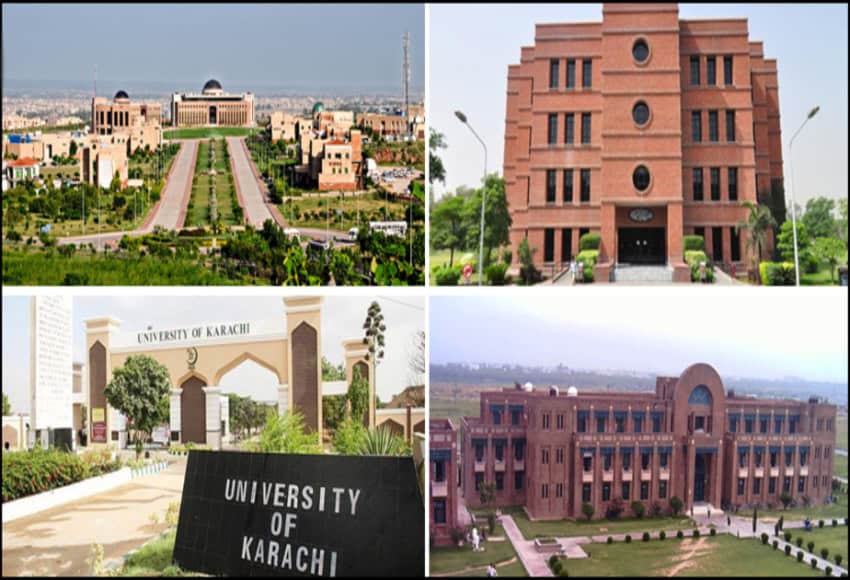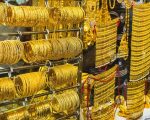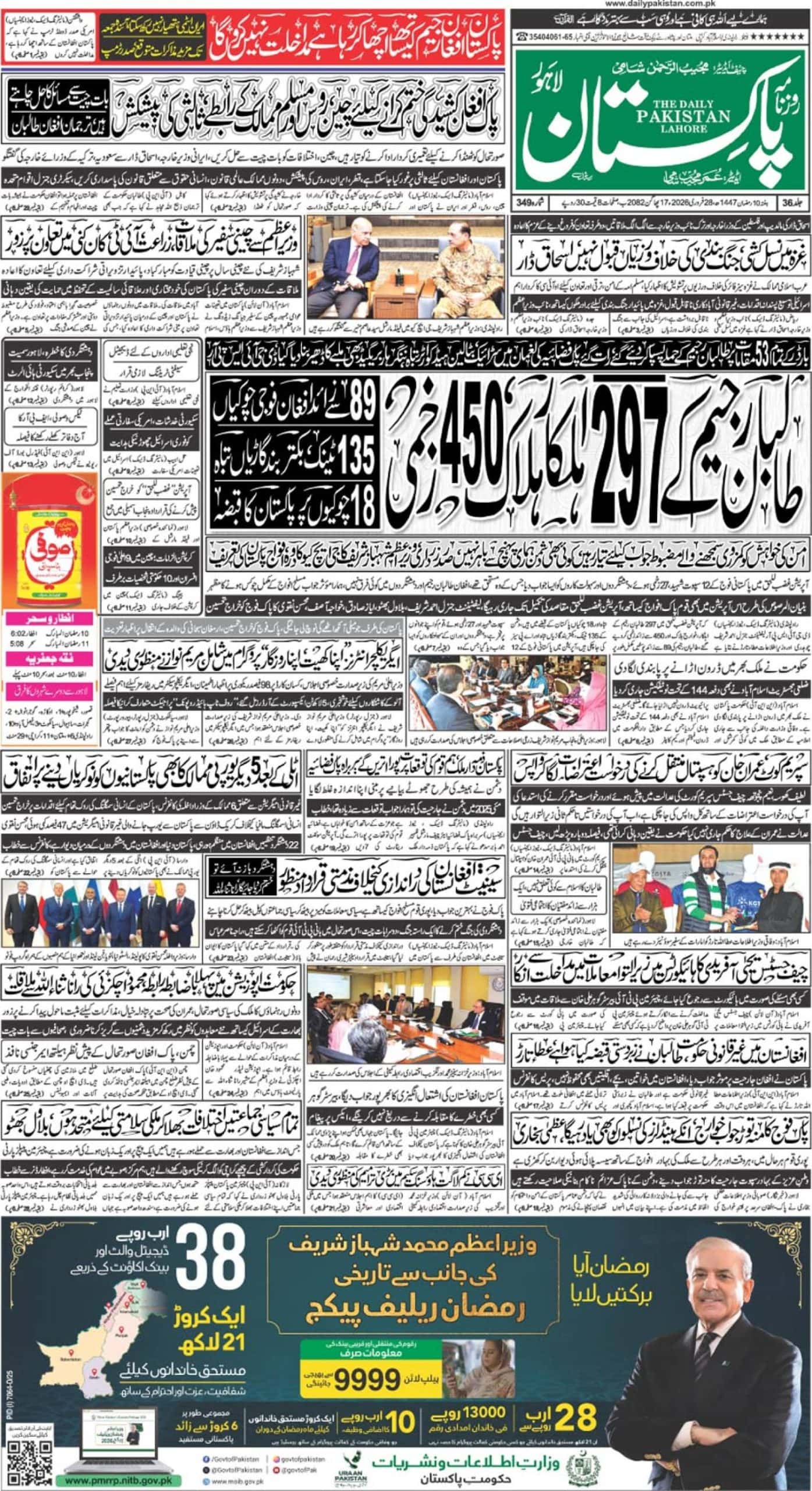Whenever the QS or TIMES issues world rankings, our media initiates a hue and cry about why our universities are not included in the top-ranked educational institutions of the world.
Our universities do not make up even the top 500 in the World rankings and not even in top 100 of Asian rankings of QS and TIMES, believed to be the most reputed ranking bodies in the world. The first time a Pakistani university, LUMS, makes an appearance is at 700, at 111th rank in Asia according to QS rankings. Similarly, according to TIMES, the first Pakistani university to appear in the world ranking is Quaid-e-Azam University, at 601+, ranking 101+ in Asia.
One of the main reasons is the preference of HEC and universities in Pakistan towards quantity and not quality. The university forces faculty to publish as many research articles as they can even if they are published in junk journals, linking promotions and pay increments to the number of articles published. In a recent example, the University of Balochistan made it compulsory for MPhil students to publish their work in impact factor or HEC recognised journals.
This forces students and faculty to waste their data in local HEC journals, as the international reputed impact factor journals sometimes take over a year to publish research by peer review process. HEC for an unknown reason is still recognising Pakistani journals which do not even fulfil the necessary criteria of being recognised as a research journal. Many Pakistani journals even do not publish their volumes on the internet or at least take years to upload them, with the result that they are are not cited.
QS and TIMES focus clearly on citations, constituting a weightage of 20% and 30% in university rankings, respectively. QS obtains the citations data from a reputed indexing agency SCOPUS, in which only a handful of Pakistani HEC recognised journals are indexed. Similarly, the TIMES acquire 2.5% of marks for transfer of knowledge to the industry but the heist of publishing makes it impossible for Pakistani researchers to look towards real innovations like patenting, which consumes time.
Pakistan is currently ranked 46 in the World by Scimago in terms of citations. Our neighbours India and Iran rank 9 and 22, respectively.
HEC must follow the QS and TIMES ranking criteria and must only encourage citable research articles. Otherwise, our universities can lose the international entity status.














